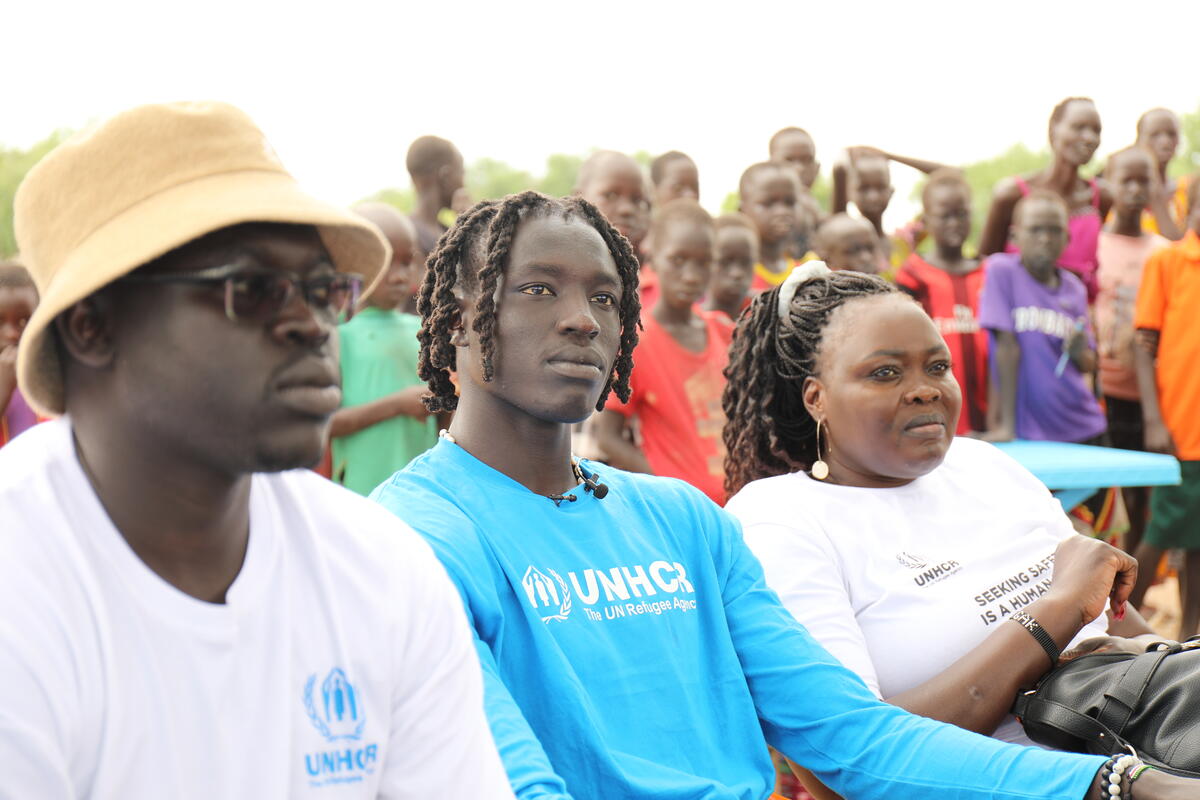Heavy clashes cause fresh displacement in Mogadishu
Heavy clashes cause fresh displacement in Mogadishu
UNHCR is deeply concerned about the week-long clashes in the Somali capital Mogadishu that have claimed many civilian lives and sparked a new wave of displacement.
The latest fighting, some of the heaviest seen in Mogadishu this year, between forces loyal to the Transitional Federal Government and opposition groups, erupted last week and have so far claimed the lives of more than 135 people and 315 injured, while dislocating an estimated 30,000 people.
Hospitals in central Mogadishu are reported to be overwhelmed by the large number of casualties in need of urgent medical attention.
Reports from our partners in the capital say that some people have been trapped in their homes for days, unable to flee because of the raging street battles. Those who are able to escape spoke of indiscriminate nightly bombings of residential areas and the targeting of civilians. Some witnessed many people dying, including children and the vulnerable who were unable to leave the conflict area.
Among the newly displaced are families that had recently returned home following a period of relative peace in Mogadishu. The rate of displacement is rapidly increasing as the conflict escalates.
Many of the displaced are heading towards the Afgooye corridor, some 30 km south-west of Mogadishu, an area with over 400,000 IDPs, while othe43rs have moved to other parts of the city. The most badly affected areas are the north Mogadishu neighbourhoods of Yaaqshiid, Wardhiigleey and Hawl Wadaag.
Hundreds of mini-busses ferried people out of Mogadishu. As a result of the high demand, the cost of transportation is going up daily, forcing people with no money to remain in the embattled city.
The latest fighting is a major set back to efforts to establish stability in Mogadishu, which saw the return of some 65,000 IDPs to the city between January and April.
UNHCR assists more than 460,000 Somali refugees in nearby countries, including Kenya (277,000), Yemen (126,000), Ethiopia (36,000), Djibouti (8,000), and Uganda (7,000) in addition to coordinating protection and shelter activities for the 1.3 million displaced in Somalia.









